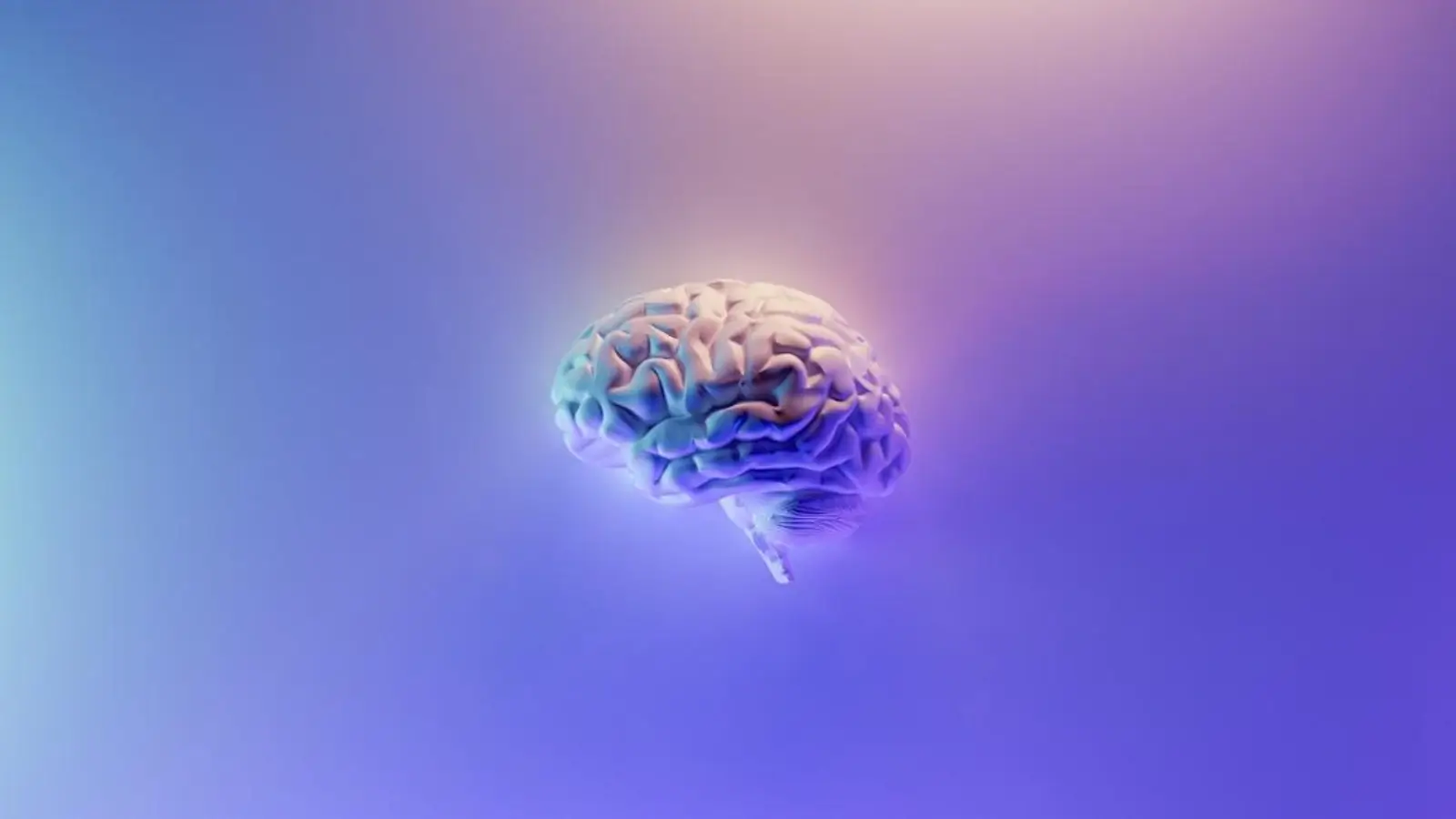


Cognitive performance is a vital aspect of overall well-being and quality of life, influencing everything from daily interactions to long-term aspirations. Good brain health lays the groundwork for mental sharpness, emotional depth, and the resilience needed to navigate life's challenges. By understanding the factors that impact cognitive functions, individuals can take proactive steps toward maintaining a healthy and active mind throughout various stages of life. Below, we explore several key strategies that support brain health and unlock the potential for enhanced cognitive performance.
Brain health optimization is the cornerstone of sustaining and enhancing cognitive function. This involves a combination of lifestyle choices and strategies aimed at keeping the brain in prime working condition. Factors such as consistent mental stimulation, adequate rest, and stress management all play essential roles in maintaining brain health. By prioritizing these elements, individuals set a strong foundation for cognitive longevity.
Additionally, active engagement in complex tasks and learning new skills can stimulate the formation of neural connections, a process known as neurogenesis. This continuous development is critical for staying sharp and can even aid in the delay or prevention of cognitive decline. Pursuits such as learning a new language, playing a musical instrument, or engaging in strategic games can serve as valuable tools for cognitive enhancement.
It's important to recognize the signs that may indicate declining brain health, such as memory lapses or slowed problem-solving abilities. By addressing these early and consulting healthcare professionals, individuals can seek appropriate interventions. Promoting brain health, which can be further explored at Brain Health, is a vital step in safeguarding cognitive function and enhancing one's quality of life.
The link between physical activity and brain health is undeniable, with exercise being one of the most effective ways to enhance cognitive function. Regular physical exercise not only bolsters heart health but also promotes increased blood flow to the brain. This increased circulation delivers oxygen and nutrients that are vital for maintaining brain health and fostering neuroplasticity – the brain's ability to form and reorganize synaptic connections.
Neuroplasticity is especially important for learning and memory and is enhanced by aerobic exercises like walking, running, and cycling. These activities stimulate the release of growth factors, such as brain-derived neurotrophic factor (BDNF), which support the growth and survival of neurons and encourage the formation of new neural pathways.
Importantly, both aerobic exercises and strength training play unique roles in cognitive health. While aerobic exercise boosts overall brain function, resistance training can be particularly effective in improving executive functions, like multitasking, planning, and inhibitory control. Thus, a combination of different exercise modalities may provide the most comprehensive benefits for brain health.
Mental health is intricately linked to cognitive function. Psychological well-being influences thinking, learning, and memory, and adverse mental health can lead to cognitive disturbances. Disorders such as depression and anxiety can impair concentration, decision-making, and memory, highlighting the need for comprehensive mental healthcare.
Positive mental health strategies, such as therapy, social engagement, and mindfulness practice, can support cognitive abilities. Therapy is particularly beneficial in addressing underlying issues that may affect thinking and processing information. It provides a structured environment to develop coping strategies and resilience against mental health challenges.
Similarly, social interaction stimulates multiple cognitive processes, including language, memory, and attention. Engaging with others – whether through conversations, shared activities, or community involvement – not only supports mental well-being but also serves as a cognitive exercise, keeping the mind sharp and responsive.
The digital age has ushered in a wealth of technological advances that have potential benefits for cognitive improvement. Brain training software and apps have gained popularity, promising to enhance various cognitive abilities through regular, targeted practice. These tools are designed to strengthen memory, problem-solving skills, and processing speed through engaging, game-like experiences that adapt to the user's performance.
While the effectiveness of brain training programs is a subject of debate, some studies suggest that they can have moderate benefits, especially when they are used consistently and involve tasks that challenge the brain. The key to these digital aids might be in their ability to provide personalized, adaptive feedback, which encourages continued growth and learning.
Overall, the pursuit of improved cognitive performance is multifaceted, requiring attention to a variety of lifestyle factors, including diet, exercise, mental health, and the judicious use of technology. By combining these elements, individuals can support their brain health and enhance their cognitive abilities, resulting in a fuller, more vibrant life experience.